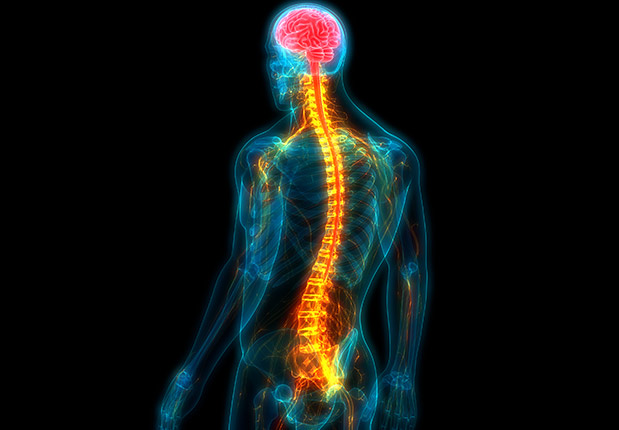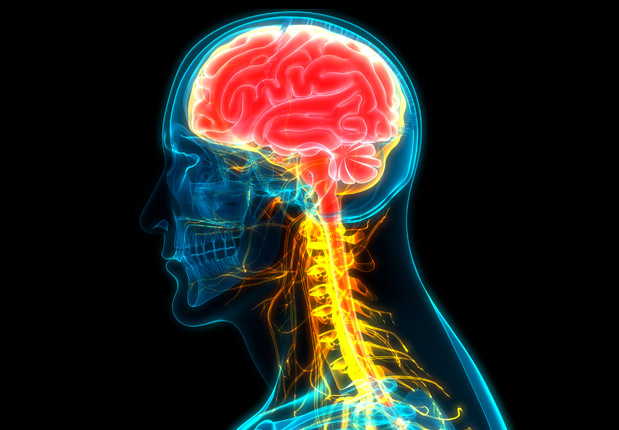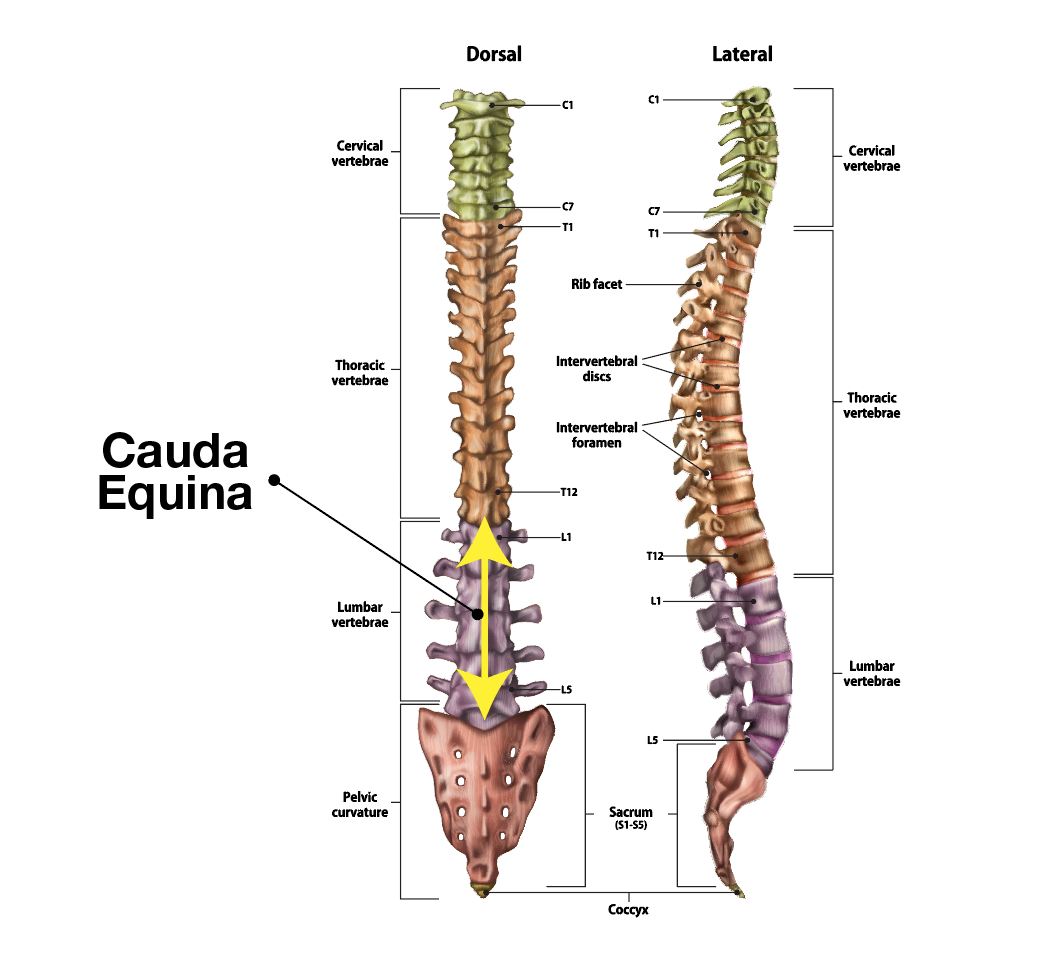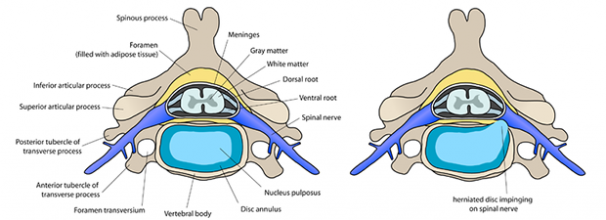The Need-to-Know on Cervical Radiculopathy
Cervical Radiculopathy, more commonly referred to as a pinched nerve, is a painful occurrence in which a nerve in the neck area (the cervical spine) is compressed or moved in a way that it deviates from the spinal cord. The pain that follows as a result of this type of injury can radiate into the shoulders and even down the arms, and is sometimes associated with muscle weakness or numbness.

What are the symptoms of cervical radiculopathy?
This condition has several symptoms and can vary in intensity, duration, and frequency depending on where in the cervical spine the injury is occurring, the number of nerves damaged, and the overall health of the injured party. That said, some of the general symptoms include the following:
- Pain that starts at the neck and radiates to the arm, chest, upper back, or shoulders
- Dull or sharp pain coupled with a burning sensation
- Muscle weakness, numbness, or tingling in the hands or fingers
- Lack of functional coordination, especially in the hands
- Increased pain with certain neck movements (bending, rotating, turning, etc.)
How does cervical radiculopathy occur?
There are several reasons why cervical radiculopathy may occur. In younger people, it usually happens because of a sudden, traumatic injury that results in a herniated disc; for instance, a fall off a ladder. In older people, cervical radiculopathy is mostly due to general wear-and-tear that occurs over time, such as with arthritis.
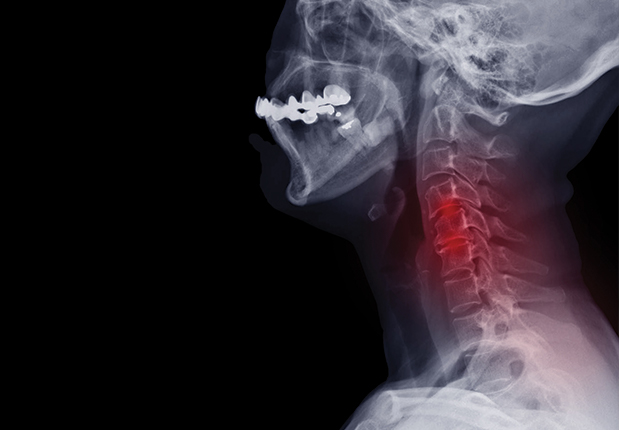
Chronic degenerative processes, like spinal stenosis, can tighten the space in the spinal canal, causing a pinched nerve. Tumors, sarcoidosis, and fractures can also impinge on the cervical nerve roots. Athletes, people engaged in repetitive motions involving the neck, and people who sleep in awkward positions are typically more prone to this health issue.
How is cervical radiculopathy treated?
Doctors will use several diagnostic tools to identify the severity and specific cervical vertebrae affected by a neck injury. This may involve MRIs or x-rays. Based on that information, they can plan the best treatment program, which may or may not include cervical epidural injections. Cervical radiculopathy usually responds well to conservative treatment, such as rest, medication, or physical therapy. Generally, surgery is only necessary in a few cases of cervical radiculopathy.
Let Healthpointe help.
At Healthpointe, we are dedicated to solving your orthopedic issues and getting you back on track with your life. Our SpineMD program will link you with Board-Certified providers specifically trained in spinal issues, including cervical radiculopathy. Call us at (888) 754-9672— stop letting neck pain hinder your life today!



